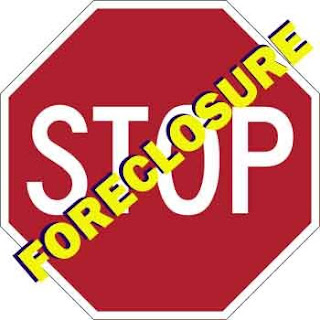 Are you having problems keeping up with your mortgage payments? Have you received a notice from your lender asking you to contact them? Please don’t wait! There are several things you can do so that you won’t lose your home. In the spirit of David Letterman’s “Top Ten List” usually read in reverse countdown order, and accompanied by a drum roll at the end, here is our top ten list on ways to avoid foreclosure – for obvious reasons this is done without the drum roll and humorous spin.
Are you having problems keeping up with your mortgage payments? Have you received a notice from your lender asking you to contact them? Please don’t wait! There are several things you can do so that you won’t lose your home. In the spirit of David Letterman’s “Top Ten List” usually read in reverse countdown order, and accompanied by a drum roll at the end, here is our top ten list on ways to avoid foreclosure – for obvious reasons this is done without the drum roll and humorous spin.
10. Do not ignore past due notices and letters from your lender
9. Know your budget; review current expenses and cut back on your spending
8. Identify your wants versus needs
7. Think of ways to increase your income
6. Live within your means
5. Have one month’s worth of household expenses in a savings account
4. Contact a HUD approved housing counseling agency as soon as you start having problems
3. Contact your lender and ask for options
2. Do not obtain new credit to supplement your income
1. Consider selling before it is too late (a house is just a material thing)!
Submitted by Beverly Ward, Homeownership Services Counselor, YWCA Delaware



